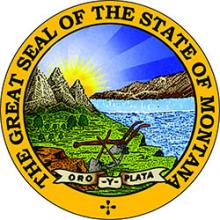Building a Fiber UTOPIA in Bozeman
UTOPIA Fiber continues to grow and is now exporting its expertise into Bozeman, Montana – one of the fastest-growing cities of its size and often listed among the best places to live in the country.
Referred to by some as “Boz Angeles” because of the influx of Californians to the area, this Rocky Mountain city of 53,000, nestled in Gallatin Valley, is about to become even more attractive as a rising tech hub for millennials. At the Broadband Communities 2021 Summit last month, it was announced that Bozeman Fiber, a non-profit organization created by the city to expand high-speed Internet connectivity across the region, has partnered with Utah-based UTOPIA Fiber to build an open access fiber-to-the-home (FTTH) network.
Bozeman Fiber has already built an open access fiber ring, serving city, county, and school facilities. It has also connected 200 commercial customers. The partnership with UTOPIA will allow Bozeman Fiber to extend the network across the city, passing 22,000 homes and businesses, with plans to extend further out into the more rural parts of Gallatin County down the road.
Network construction, which is estimated to cost $65 million, is slated to begin in the spring of 2022 and is expected to take three years to be completed.
“This is the first phase of a project that will cover the city and some areas of the county, and the intention is we’ll have future phases that reach further out into the county to hit more rural areas,” UTOPIA Fiber executive director Roger Timmerman said during the press conference announcing the partnership.
Bozeman Fiber CEO Greg Metzger added: “with this project, we’ll be able to attract and retain more businesses, and create jobs.”
County Provides Access to Bond Market







